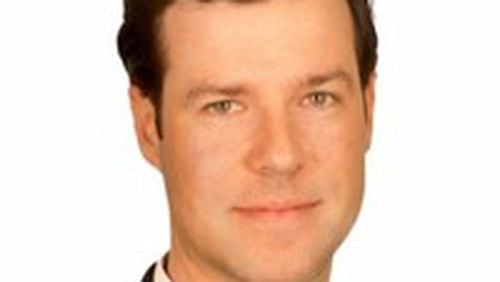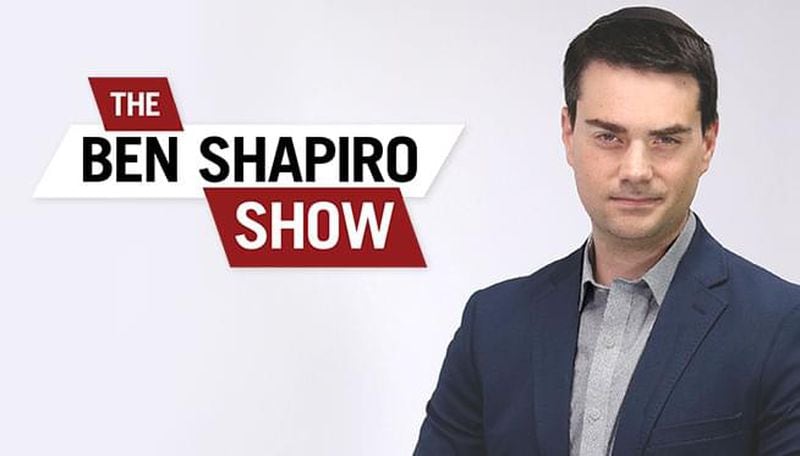Originally posted Tuesday, June 19, 2018 by RODNEY HO/rho@ajc.com on his AJC Radio & TV Talk blog
Atlanta-based Cumulus Media runs the second-largest radio company in the country, which sounds impressive but in 2018, it’s not as impressive as it used to be.
Previous management took a gamble in 2011 and purchased Citadel Broadcasting, which gave Cumulus access to new, bigger markets. But they spent too much. The company became saddled with too much debt, leading to the ouster of the founding Dickey brothers in 2015 and paving the way to a bankruptcy filing last November.
Good news: fresh leadership under CEO Mary Berner has been able to right a sinking ship. The company, just out of bankruptcy earlier this month after reducing its debt by more than $1 billion, is better positioned now to move forward. It just has to figure out how to adjust in a rapidly changing media landscape where on-demand and streaming options are rising stars, not terrestrial radio.
I talked to Collin Jones, senior vice president of corporate development and strategy for Cumulus. He's just 31 years old but has been at the company longer than any other high-level executive, arriving in 2011.
Here is an edited version of our Q&A earlier this week:
Q: Just to be clear, how problematic was that Citadel purchase in 2011?
Jones: The amount of debt for that acquisition was too much. It underperformed our expectations.
Q: What was the greatest obstacle to reducing the debt?
Jones: The performance of the company. The company was in financial free fall no matter how you look at it. Over the course of that time period, we’ve had to figure out how to turn things around, turn ratings around, address the culture of the company and grow revenue and cash flow. But the company was not going to have an opportunity to get out of that debt. We tried a creative transition in 2016 which would have kicked the can down the line a bit and give more time for the current management’s turnaround efforts to take effect. But it was ultimately unsuccessful. So we went for this more comprehensive restructuring path in 2017.
Q: What were key things Mary Berner did to make Cumulus a better place to work
Jones: Four things. First was operations. Blocking and tackling, putting the right people in the right seats and having the right organization structure. The non-sexy stuff day to day. Then we addressed ratings which were in a considerable free fall. We white-boarded the entire company’s approach to ratings. Many changes were made accordingly. Then there was culture. We had to create a corporate culture. The importance of employees and those who get everything done and invest in those employees. We had to figure out ways to get employees on board and turn the ship around. Last and not least was sales. We are developing new digital products and giving our sales staff better tools and training to arm them when they go out. There are many many game plans under each of those four. We have had a really short amount of time to move the ball down the line. That operational turnaround effort has been happening in parallel with fixing the balance sheet.
Q: How did the bankruptcy restructuring with creditors go?
Jones: We worked on a comprehensive restructuring for many months and reached a deal with our senior secured lenders, our largest creditor groups. That resulted in a little over $1 billion in debt reduction. Those senior secured lenders became majority equity holders at about 80 percent. We got a signed agreement and just had to go through the bankruptcy process. It went extremely smoothly given the fact we were able to finish it in 187 days. We won every single battle in the process.
Q: There were some unsecured creditors who were very unhappy. Was that to be expected?
Jones: That’s not uncommon in these scenarios. The bankruptcy code provides unsecured creditors and other junior constituents a platform to voice their opinions. There are issues over valuation and things like that. Ultimately, the plan got confirmed exactly as it was laid out. That was a good outcome. There were certainly twists and turns that made good press.
Q: Strategically, what will you be doing going forward?
Jones: Being out of bankruptcy will be great for our company. Bankruptcy slowed us down. We can now pour in gas going forward. It will be good for the industry. Our goal now is the same as before from an operational perspective: create the best brands and content we can. Provide our listeners with the best experience as possible and grow ratings. Provide solutions for advertisers that generate substantial ROI. Core traditional terrestrial radio provides 8-to-1, 10-to-1 ROI.
Our goal is to continue to reinforce that message with what we do. We are developing a number of adjunct digital solutions and products that marry well with our core business. That's both on the local and national side. We launched last summer what we call the C-Suite of digital solutions. It's a suite of digital marketing services and products and advertiser extension products we can sell through our local sales force. We've launched all our stations on Alexa.
At Westwood One, we have a podcast network growing quickly. We got some key brands there. Ben Shapiro has been very successful and is growing rapidly. We recently put him over the air on WABC in New York and adding a few other stations. That's cross pollination of content. We have to compete in the digital ecosystem.
Q: Your stations are on the IHeartMedia app. Is that something you plan to stick with?
Jones: I can’t say anything about contract renegotiations. Our goal has been to make our brands and our streams available to as many people who are out there as possible. Being on the IHeartMedia radio platform is a good opportunity to do that.
Q: So no regrets not building your own app when you could?
Jones: I don’t think there are any regrets. I think they were in a unique position to do what they did and build that up. We had different business initiatives at the time that panned out differently. We are focused where we are now.
Q: How can AM/FM adjust in a digital world?
Jones: We talked a lot about this during the course of the bankruptcy process. The core radio environment has been tough the last 15-18 months. It’s been more challenged than we thought it would be. There’s a headwind and underscores even more how we’ve got to execute well in that environment. I feel we are executing well. We are gaining share across the board. That’s been a good outcome for us.
Q: For now, traditional radio still has a bulk of listening in the car but that could change as automobiles add more WiFi capability.
Q: Yes, we still have very robust listening in the car. We are always looking around the corner and determining what changes in technology can help or hurt us. With digital access comes more data. That’s an interesting path for the industry. The other reality is the sales cycle of cars and behavior is very very long and slow to change. New ideas for cars can take four years to get into the high-end vehicles and years more to trickle down to the rest of the market. For now, all we can do is create the best products and think of new innovative ways to ensure people keep listening and clicking on FM and AM.
About the Author








